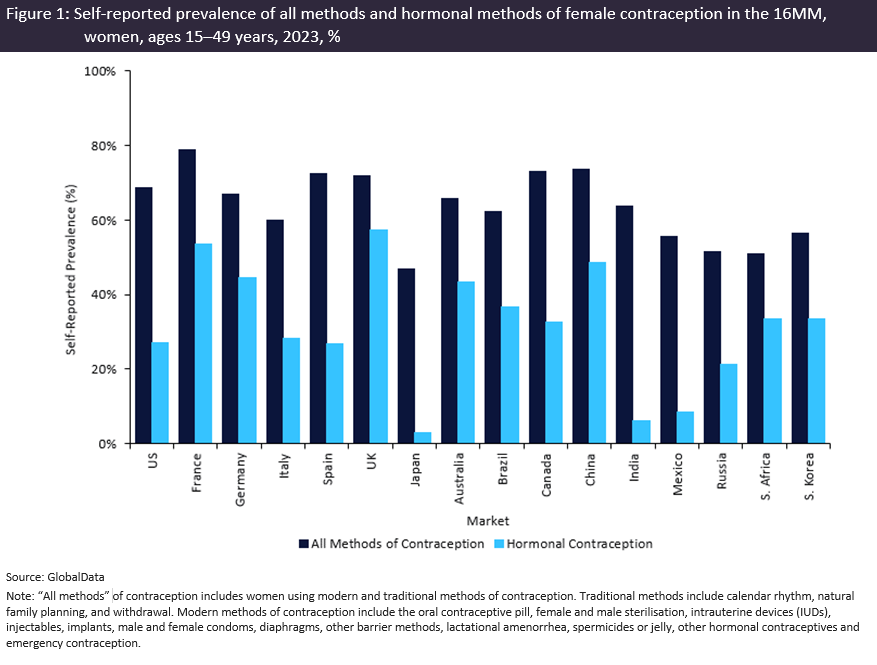Akeso has five pivotal Phase III trials in the clinical development programme for ivonescimab to treat non-small cell lung cancer (NSCLC).
Of the five trials, three are active comparator trials with a PD-1 monoclonal antibody, and two are international multicentre Phase III studies.
Ivonescimab is a programmed cell death protein 1 (PD-1) and vascular endothelial growth factor (VEGF) bispecific antibody. It is being evaluated as a combination therapy with platinum-doublet, a standard platinum-based chemotherapy for NSCLC, and Sanofi’s Taxotere (docetaxel), a chemotherapy, as a first-line therapy for NSCLC, as per the press release.
Ivonescimab has been approved for marketing in China by the National Medical Products Administration (NMPA), and its new drug application (NDA) has been submitted to the US Food and Drug Administration (FDA). The therapy has been granted breakthrough therapy designation status in China for three locally advanced or metastatic NSCLC indications.
The open-label Phase II trial (NCT04736823) data for the combination therapy of ivonescimab and chemotherapy has been published in the Lancet. The data shows anti-tumour activity on the combination therapy, with two patients discontinuing the study and one patient dying during the study.
Ivonescimab clinical programme
The clinical trials are being conducted in partnership with Summit Therapeutics.
Akeso signed a licensing agreement with Summit in 2022, granting Summit co-branding rights in the US, Canada, Europe, and Japan. Meanwhile, Akeso retained marketing rights in China and received an upfront payment of $500m with a total deal value, including regulatory and commercial milestone-based payments, of $5bn.
The international multicentre Phase III trials include a randomised trial (NCT05184712) of ivonescimab in combination with platinum doublet, Eli Lilly’s Alimta (pemetrexed) and Bristol Myers Squibb’s Paraplatin (carboplatin). The first patient in the US centre of the trial has been dosed.
Two randomised China-based multicentre Phase III trials (NCT03866980 and NCT03866993) evaluate the combination therapy of ivonescimab and platinum doublet compared to placebo and platinum doublet combination as a first-line therapy in patients with metastatic non-squamous NSCLC.
A randomised China-based multicentre Phase III trial (NCT05499390) evaluated the efficacy and safety of ivonescimab monotherapy compared with Merck (MSD)’s Keytruda (pembrolizumab) monotherapy in locally advanced or metastatic NSCLC. The study is expected to complete enrolment soon.
The China-based active comparator Phase III trial (NCT05840016) evaluates ivonescimab and chemotherapy combination with Novartis’ Tislelizumab (IgG4 anti–PD-1 monoclonal antibody) and chemotherapy combination.














